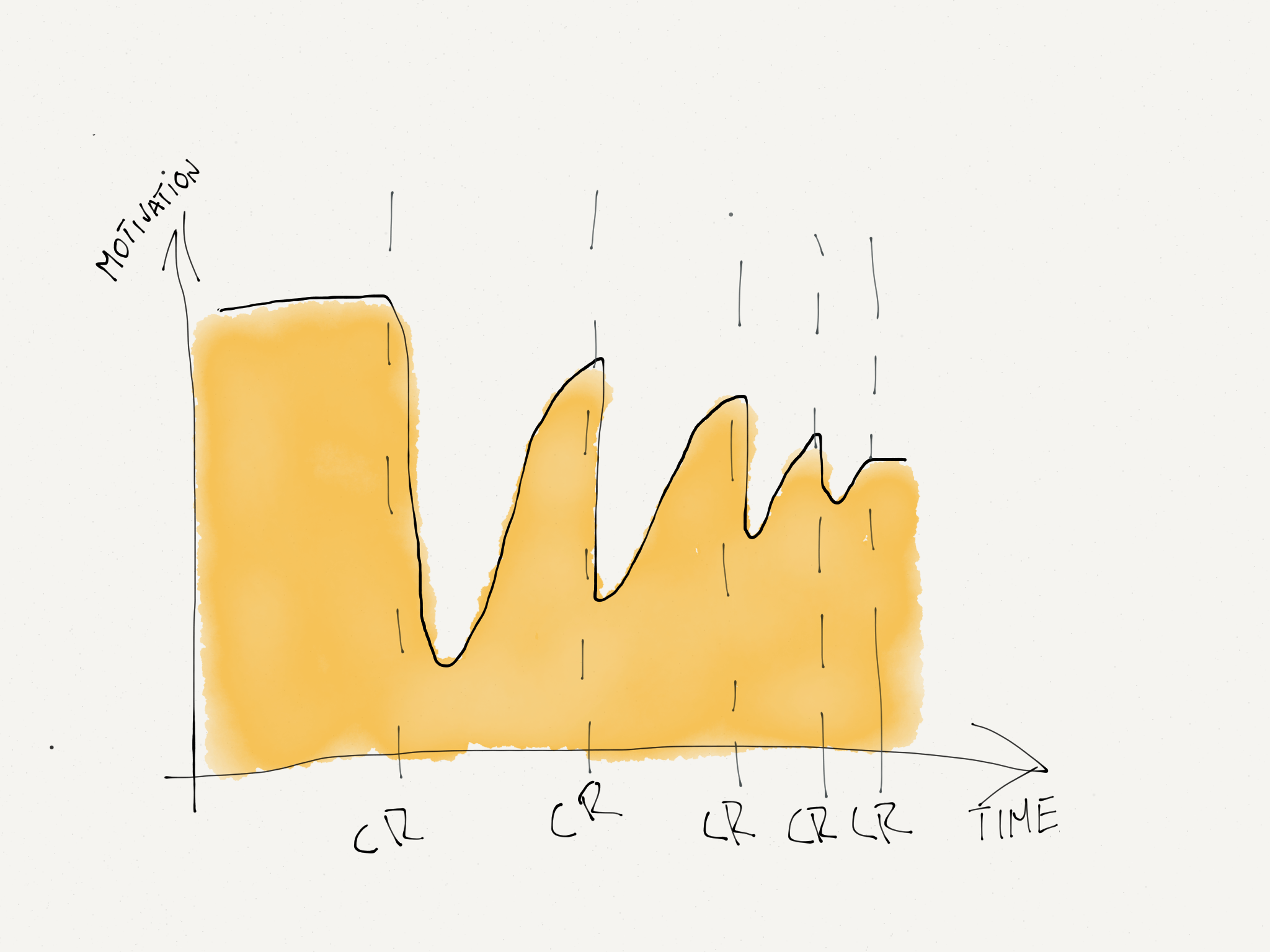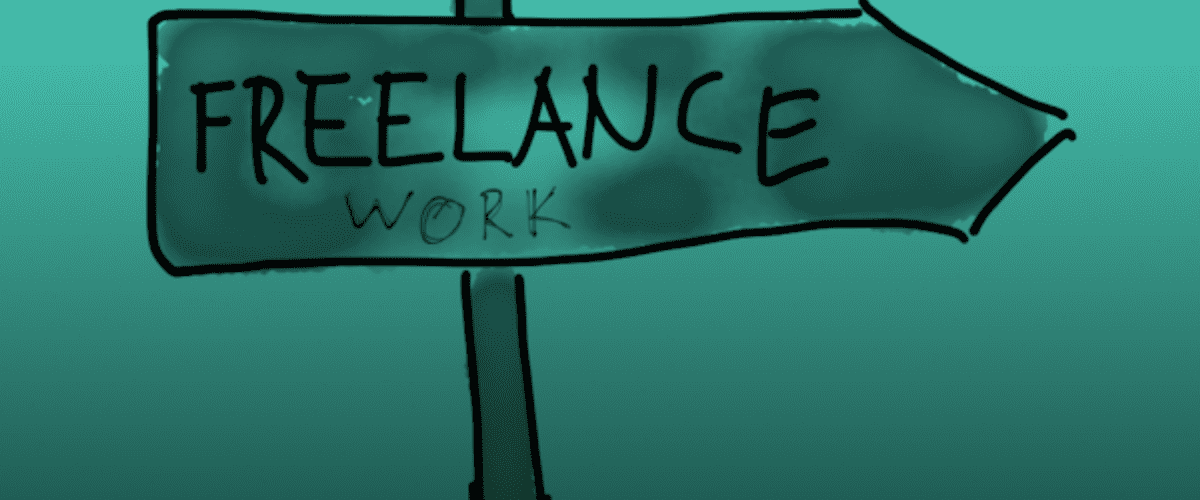Freelance work is not personal
Creative professionals who do commercial work are not doing art. They might be artists in real life, but when they are doing a gig they are pleasing a client. While art might consider the aestethic sense of the society, it still is mostly personal. Client work is not.
I’m one of those people. I have many personal things going on, but they very seldom pay. This means I have to do client work to make ends meat. While doing freelance gigs I have learned a thing or two about motivation.
Pushing through ideas.
Half of the time I do creative work. The other half I make the package around it look appealing. By ‘package’ I mean making the presentation look good, thinking what I should say to the client about each proposal etc.
Client presentation is basically a point in time when I have to defend my ideas. It’s the time to make the client understand how does the result of my recent work solve their problem.
This presentation often goes to the other direction than expected. I mean the ideas presented are often met with scepticism and doubt. Does it mean my ideas are not good enough or is the client stupid?
Understanding the client
Clients are people. Usually they have worked really hard to come to the place they currently are. The current state might not be pretty, but it’s the result of many years of work. Mostly they have a successful business built around the current state. So they have proof that their way of working works.
It’s obvious the client is biased. There is quite a lot in stake. And here you are presenting change to a profitable business model.
Phases of client work.
My client work usually goes like this.

- Enthusiasm
I’m extremely motivated in the beginning. I like the new client. I feel I can make a change and my ideas are awesome making my client tons of money. I have ideas that practically change everything. For the first client review I have huge amount of work to show. Usually this first presentation goes awry. Client is not ready to change this much. They do not think the ideas presented are that good. Too much change comes as a shock to them so basically they kill more than a half of the ideas I had. - Disappointment
This brings the motivation down for me. I start to think that the client is stupid. Why did I start working with them? They don’t know how to run this business. It’s the last moment to change now and so on. - Getting up again
Then I start to have more ideas related to the tips I got from the first review. I begin work again and the enthusiasm will slowly return. Motivation will raise until next client meeting where they, again, kill half of the new ideas. Do you see a pattern here?
This goes on until the deadline. Each time we meet with the client we come closer to the truth. Truth that works the best for them.
For the deadline we have the closest thing for perfection that we can achieve. I have tried my best and the client has tried his best pushing me to the desired direction.
The outcome usually is quite different from my initial ideas, but it works for the client. And I remind myself that client work is not personal. Just business.
Can I work smarter?
I guess each case is somewhat different and I can only share some pointers I try to lean by. — try to have first client review as soon as possible. Don’t wait until too much done. — present less on the first review. This is the time to get acquinted and not make a revolution. — listen. Clients usually like to talk. Make notes. — take it step-by-step. On each client review try to present few new ideas. Too many will get them locked up. — include client as much as you can. Let them come up with great ideas. — praise their ideas. Even if those ideas were your own. — remember that client work is not personal.


